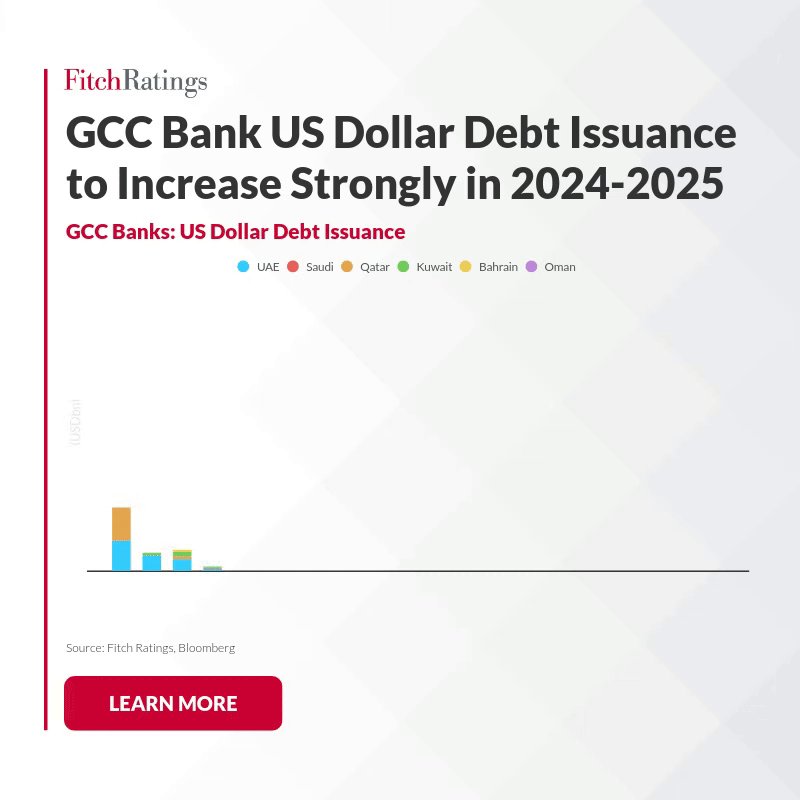
The sukuk tranche was priced at 6.25%, narrowing from initial price thoughts of 6.625%. Meanwhile, the 12-year senior unsecured bond, initially expected to price at around 7.75%, was tightened to 7.50%. These moves signal strong investor confidence in Bahrain’s sovereign debt, with a marked skew towards the sukuk tranche, which formed the majority of the demand.
The 8-year sukuk issuance, structured under Bahrain’s Trust Certificate Issuance Programme, offers a Sharia-compliant investment option, with its pricing reflecting a solid appetite for Islamic finance instruments. The sukuk’s structure, based on Ijara and Murabaha principles, has been well-received by institutional investors seeking a lower-risk, interest-free asset.
On the other hand, the 12-year bond is structured under Bahrain’s Global Medium Term Note Programme and provides investors with an unsecured fixed-income offering. The bond’s issuance marks another step in Bahrain’s broader efforts to diversify its funding sources and attract global investors.
Both tranches come at a time of heightened interest in the Middle Eastern bond markets, with Bahrain capitalising on investor demand for emerging market debt. The order books for the issuance were heavily oversubscribed, demonstrating Bahrain’s robust standing in global capital markets. Despite geopolitical uncertainties in the region, investor confidence appears unshaken, with demand coming from a broad base of international institutional investors.
The dual-tranche issuance is significant not only in terms of size but also in terms of Bahrain’s strategic efforts to manage its fiscal position. Following a series of budgetary adjustments and structural reforms, the Kingdom is seeking to bolster its economic stability through diversified financing channels. The issuance is part of Bahrain’s ongoing effort to address the fiscal deficit and finance its development projects, including infrastructure and economic diversification initiatives.
Sukuk pricing has been particularly appealing to a wider range of Islamic investors, particularly those based in the Gulf and Asia. As demand for Sharia-compliant instruments continues to rise, Bahrain’s sukuk issuance offers investors a secure way to gain exposure to sovereign debt. The pricing strategy reflects Bahrain’s balancing act between offering attractive returns while ensuring that the issuance remains competitive within a highly liquid market.
In terms of credit ratings, Bahrain continues to face scrutiny from international rating agencies. However, the recent tightening of prices has led many to view the Kingdom’s creditworthiness more positively, particularly as fiscal measures start to take effect and economic growth picks up. Ratings agencies have taken note of Bahrain’s efforts to stabilise its fiscal outlook, particularly through the issuance of sukuk and bonds that are backed by the Kingdom’s economic reforms.
The appetite for Bahrain’s dual-tranche offering also reflects a broader trend in emerging market debt, where investors are increasingly looking to diversify their portfolios into high-yielding assets with attractive credit profiles. Bahrain’s sovereign bonds provide a key entry point for those seeking exposure to the Middle East, with the added benefit of a strong government-backed issuance.
The success of this bond issuance comes at a pivotal moment for Bahrain, as the Kingdom continues to position itself as a financial hub in the Gulf region. Its ongoing economic reforms, which include efforts to reduce dependency on oil revenues, have been seen as key to ensuring long-term economic sustainability. This issuance, coupled with other recent developments, highlights the Kingdom’s drive to diversify its financial portfolio and reduce reliance on external oil-based revenues.
Topics
Gcc
